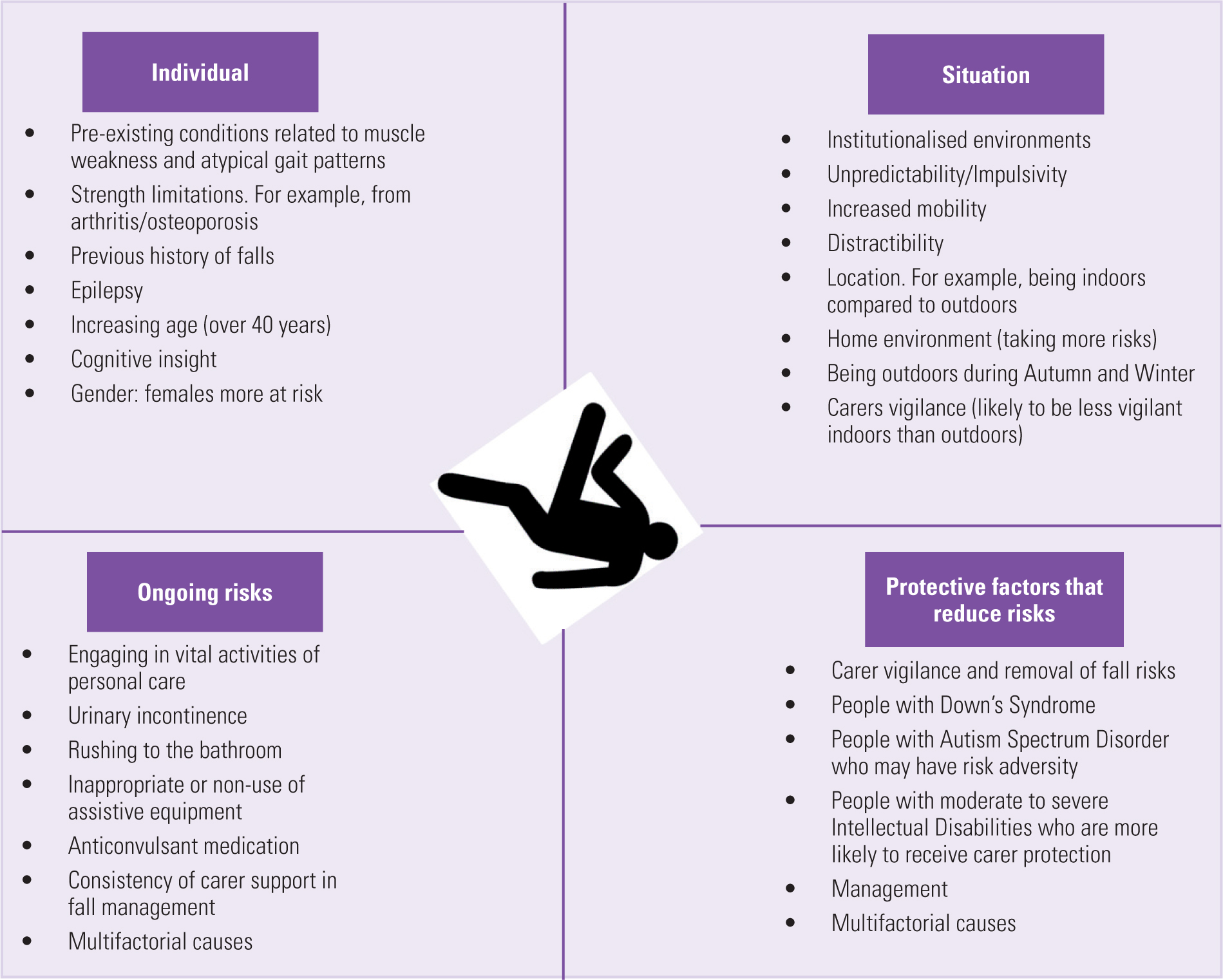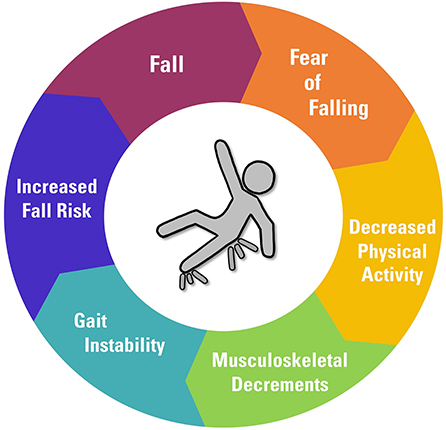Dementia Fall Risk for Dummies
Dementia Fall Risk for Dummies
Blog Article
Things about Dementia Fall Risk
Table of ContentsAll About Dementia Fall RiskWhat Does Dementia Fall Risk Do?A Biased View of Dementia Fall RiskThe Best Guide To Dementia Fall Risk10 Easy Facts About Dementia Fall Risk Shown
The FRAT has 3 areas: fall danger condition, risk variable checklist, and activity plan. An Autumn Risk Condition includes data concerning background of recent falls, medicines, psychological and cognitive status of the client - Dementia Fall Risk.If the client scores on a threat variable, the corresponding variety of points are counted to the patient's autumn danger score in package to the much ideal. If a client's autumn threat score completes five or greater, the individual goes to high threat for falls. If the person scores only 4 factors or lower, they are still at some threat of dropping, and the nurse needs to use their ideal medical analysis to handle all autumn threat aspects as part of an all natural care plan.
These common methods, in general, help develop a risk-free setting that decreases accidental falls and defines core precautionary actions for all clients. Indicators are crucial for clients at danger for drops.
The 10-Second Trick For Dementia Fall Risk
For instance, wristbands need to consist of the individual's last and first name, date of birth, and NHS number in the UK. Information must be printed/written in black versus a white background. Only red shade must be used to signal unique individual status. These recommendations follow existing advancements in patient recognition (Sevdalis et al., 2009).
Items that are too far might require the client to connect or ambulate needlessly and can possibly be a threat or contribute to drops. Helps protect against the client from going out of bed with no help. Registered nurses react to fallers' call lights quicker than they do to lights initiated by non-fallers.
Visual problems can substantially cause drops. Hip pads, when worn appropriately, might reduce a hip crack when autumn happens. Keeping the beds closer to the flooring decreases the danger of falls and major injury. Putting the cushion on the floor significantly minimizes fall threat in some health care setups. Low beds are designed to lessen the range a client drops after moving out of bed.
10 Easy Facts About Dementia Fall Risk Explained
People who are high and with weak leg muscular tissues that try to rest on the bed from a standing setting are likely to fall onto the bed due to the fact that it's too low for them to decrease themselves safely. If a tall client efforts to get up from a low bed without help, the person is most likely to drop back down onto the bed or miss the bed and fall onto the flooring.
They're created to advertise prompt rescue, not to protect against drops from bed. Apart from bed alarm systems, increased supervision for risky people also may aid stop drops.

Patients with a shuffling gait rise autumn opportunities dramatically. To minimize loss threat, footwear must be with a little to no heel, thin soles with slip-resistant step, and support the ankle joints. Advise client to make use of nonskid socks to avoid the feet from gliding upon standing. However, urge individuals to put on proper, well-fitting shoesnot nonskid socks for motion.
About Dementia Fall Risk
In a research study, homes with adequate illumination record fewer falls (Ramulu et al., 2021). Improvement in illumination at home might lower autumn rates in older adults.

Caretakers are effective for guaranteeing a protected, safeguarded, and safe setting. Research he said studies demonstrated really low-certainty evidence that sitters decrease fall danger in intense care healthcare facilities and only moderate-certainty that choices like video monitoring can reduce sitter use without enhancing fall risk, recommending that caretakers are not as valuable as originally believed (Greely et al., 2020).
Facts About Dementia Fall Risk Revealed

Enhanced physical fitness decreases the threat for falls and limits injury that is suffered when autumn transpires. Land and water-based exercise programs might be likewise beneficial on balance and stride and thereby reduce the danger for falls. Water exercise might contribute a favorable benefit on equilibrium and gait for ladies 65 years and older.
Chair Surge Workout is a simple sit-to-stand workout that assists enhance the muscular tissues in the thighs and butts and improves movement and freedom. The goal is to do Chair Surge workouts without using hands as the client ends up being more powerful. See resources area for a thorough instruction on exactly how to execute Chair Rise exercise.
Report this page